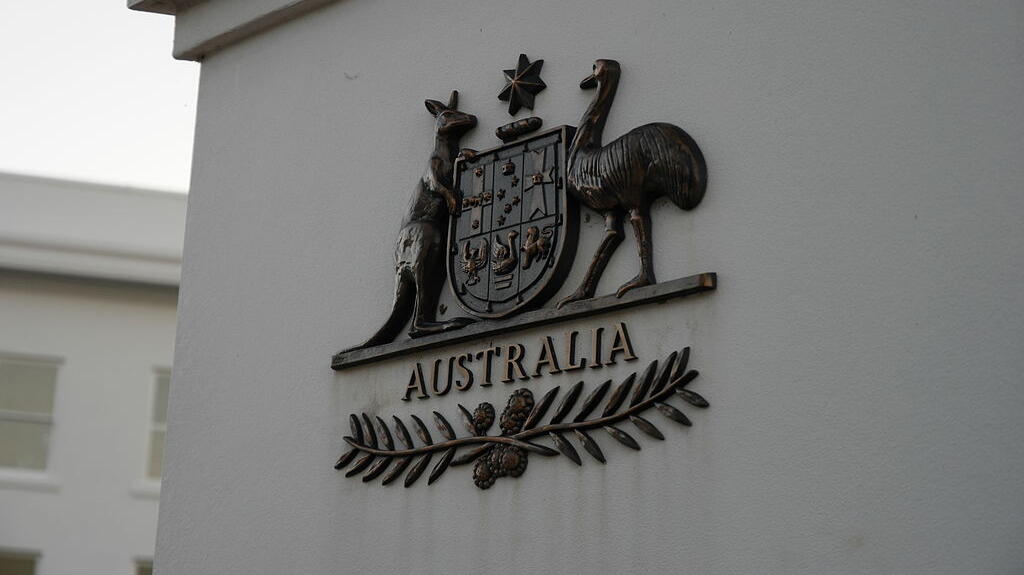Prime Minister Anthony Albanese has hinted at the possibility of a double dissolution election as the government struggles to pass its key housing legislation in the Senate.
The shared equity housing bill has faced significant resistance, particularly from the Greens and the Coalition, leaving its future uncertain.
The bill is a central part of the Labor government’s housing policy.
Only a single non-Labor backed the bill, leading to a defeat in the Senate.
The government is adamant about passing the bill and is preparing to force a second vote. The first vote saw a decisive loss after the bill managed 19 votes in favour and 41 against.
The overwhelming defeat of the Senate vote highlighted the government's challenges in gaining support for its flagship housing policy.
Labor wants to make housing more affordable for Australians in the face of the ongoing housing crisis. As such, the party remains committed to passing the shared equity scheme.
Manager of Government Business in the Senate, Senator Katy Gallagher, made it clear that the government will push for another vote soon.
She acknowledged that the government will consider other strategies if the bill fails again. Gallagher stressed that the government is no longer willing to allow delays from the Greens.
The Greens continue opposing the bill on grounds that it could drive up house prices and rents. However, Gallagher believes it’s time to move forward with a solution rather than continuing endless discussions.
Prime Minister Albanese has also expressed frustration with the slow progress. Australia’s Prime Minister called for the bill to be passed without further delay.
Albanese did not rule out the possibility when asked whether the ongoing legislative stalemate could trigger an early election. He implied that such drastic measures would be unnecessary if the Greens and the Coalition support legislation they agree with in principle.
The opposition from the Greens remains a key roadblock. Greens leader Adam Bandt has argued that Labor’s housing policy is flawed. According to Bandt, the policy would increase housing costs rather than alleviate them. He has called the potential move towards a double dissolution election an act of political theatre.
Bandt also suggested that it would not serve the millions of Australians struggling with rising rents and mortgage stress. He believes further negotiations are necessary to reach a solution that better addresses the housing and rental crisis.
The Coalition has been dismissive of the idea of a double dissolution. Some MPs have described the Prime Minister’s comments as unrealistic. Former builder and Liberal MP Andrew Wallace, criticised the government’s record on housing, accusing it of failing to deliver on promises made under the Housing Australia Future Fund (HAFF).
Wallace pointed out that no homes had been constructed under the scheme since its launch in November 2023. This is despite a $10 billion investment in the HAFF. He stated that smaller builders in regional Australia have delivered more without the support that HAFF has.
Labor's housing policy challenges are not its only legislative struggle. The government is locked in a dispute over its environmental policy.
The Greens are demanding a veto mechanism for high-emission resource projects, but Albanese has rejected this proposal. He asserts that the Greens are using the issue as a pretext to block meaningful legislation.
The threat of a double dissolution is a looming possibility. Such a drastic measure will trigger an early election by dissolving both houses of parliament.
For a double dissolution to occur, it would need to occur at least six months before July 2025. January 2025 would be the latest possible date for such a move.
Australia has experienced just seven double dissolutions in its parliamentary history. The latest double dissolution happened in 2016 under then-Prime Minister Malcolm Turnbull.
The situation remains tense. The government is under pressure to pass its housing policy while facing opposition from the Greens and the Coalition.
Opinion polls suggest that Labor and the Coalition are neck-and-neck, adding further weight to the significance of this legislative battle as a potential prelude to an early election.
